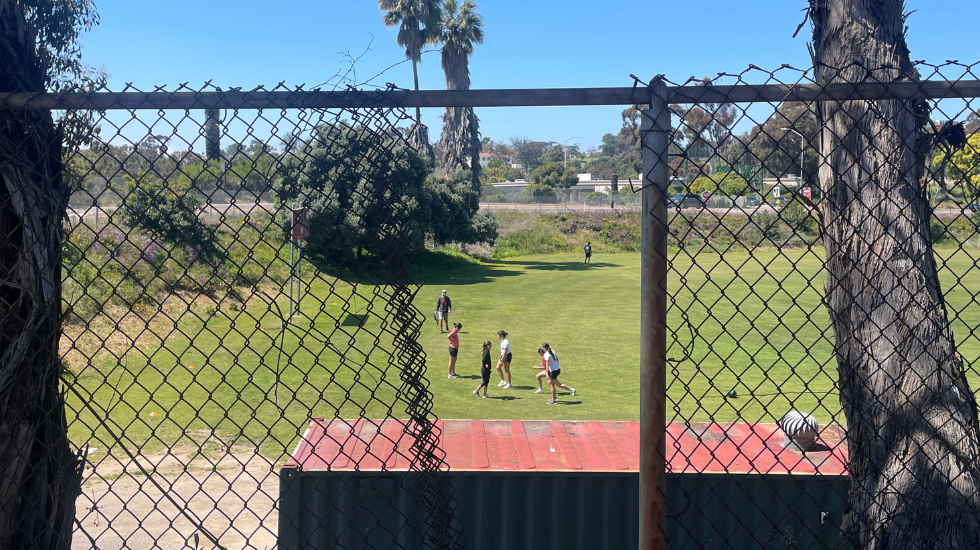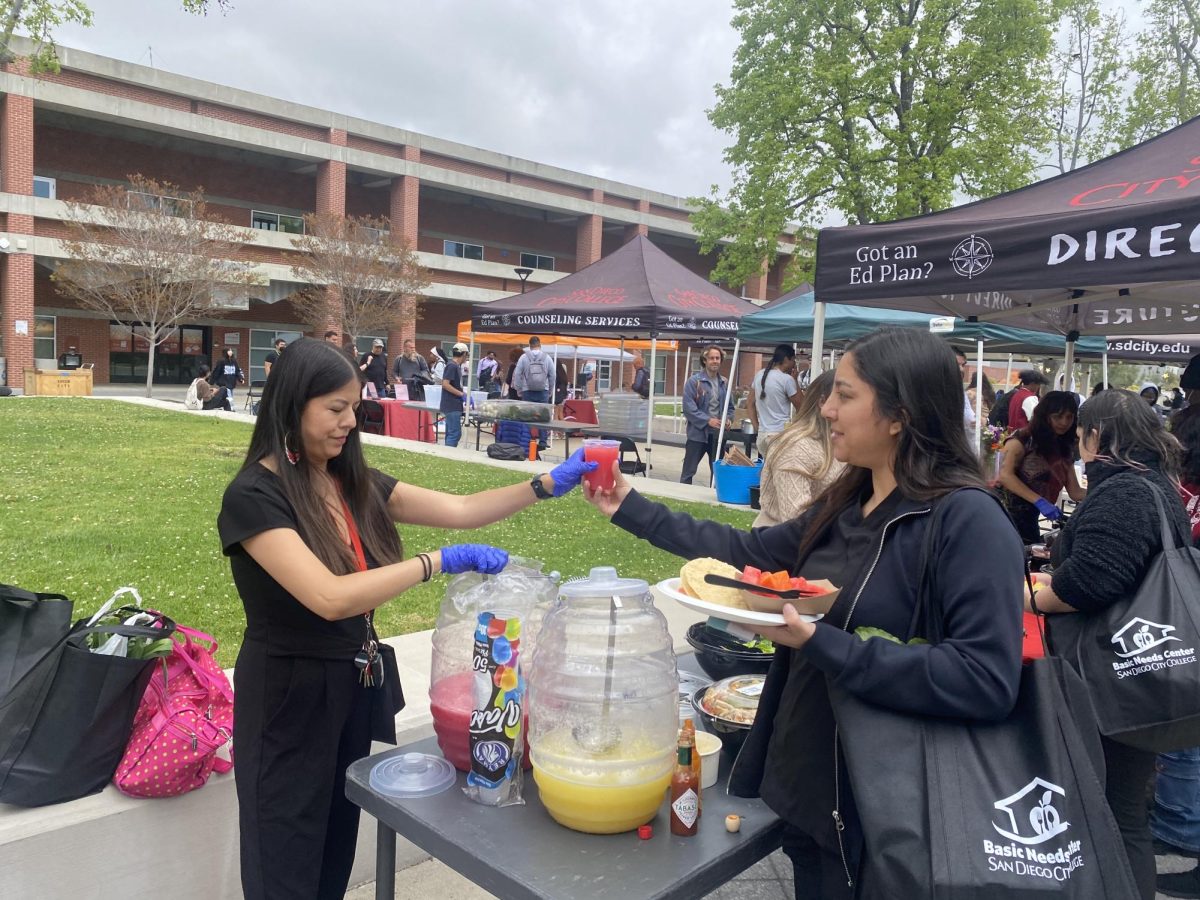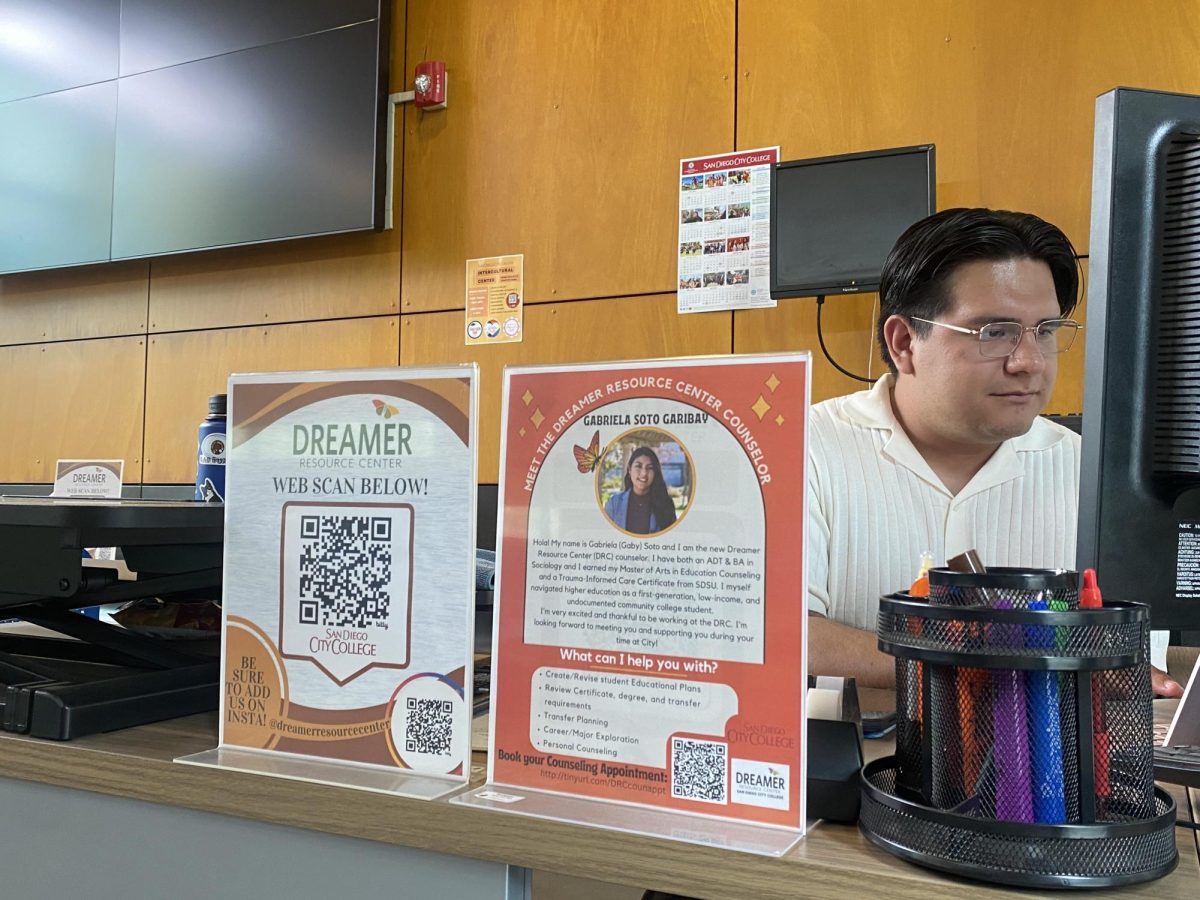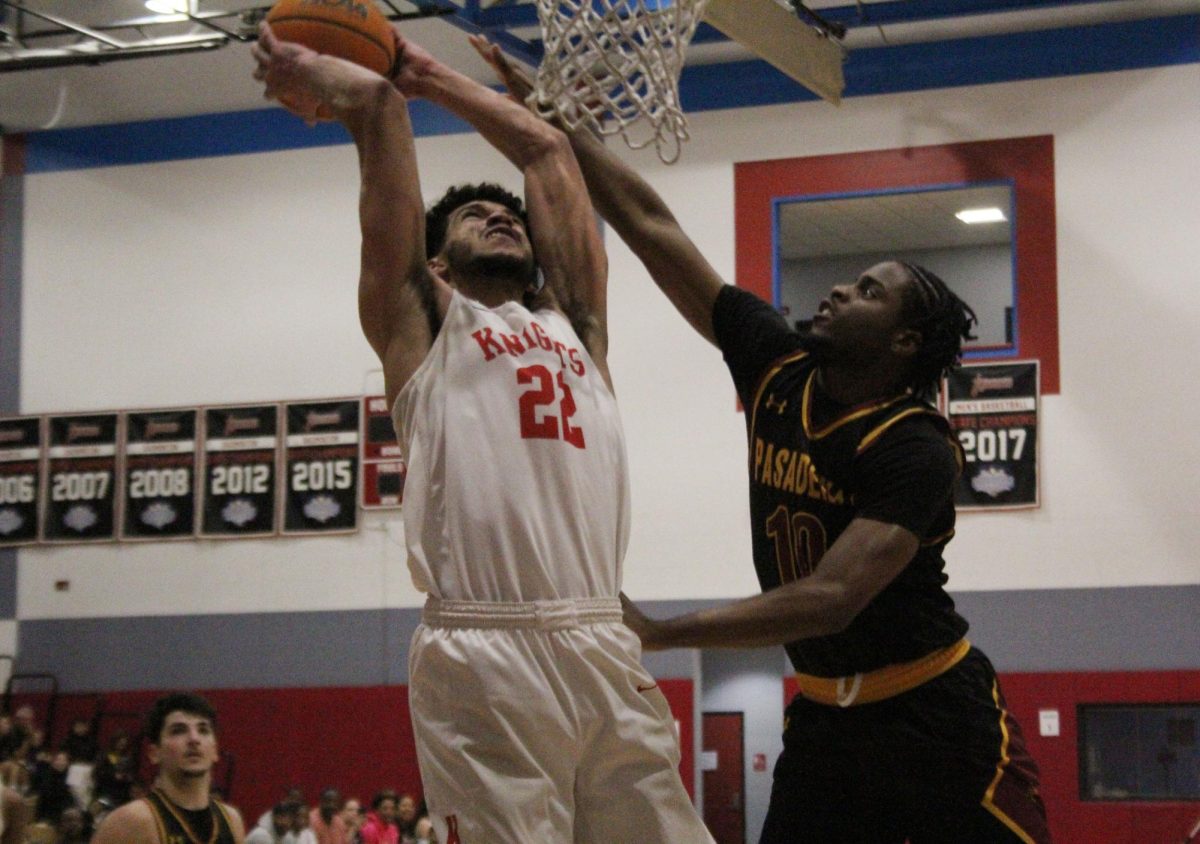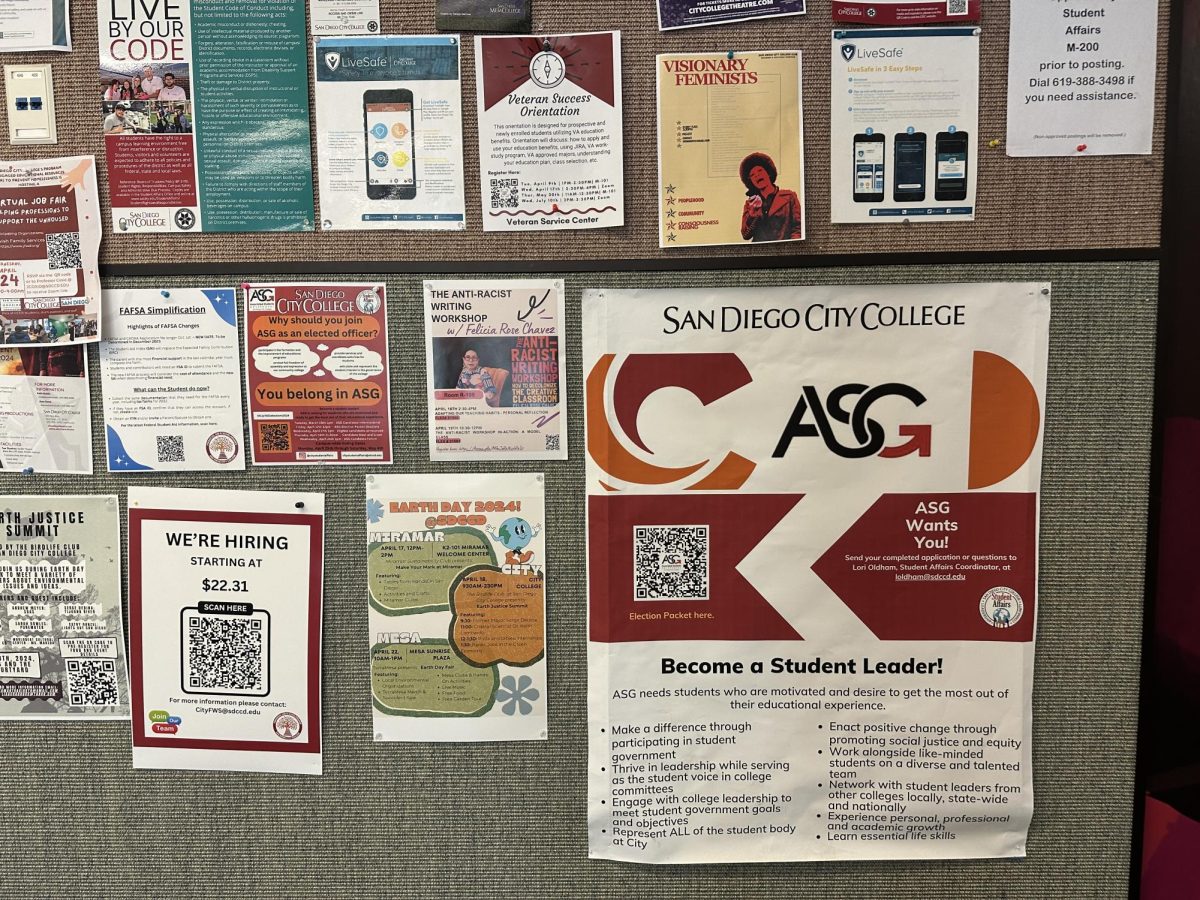On Nov. 17, Elizabeth Meeham, co-director of the World Cultures Program, introduced guest speaker Azim N. Khamisa, founder of the Tariq Khamisa foundation, who delivered a powerful message: We must end the cycle of violence which has become too much a part of the American scene.
Khamiza lost his 20-year-old son Tariq to gang violence in San Diego. Tariq was delivering pizza to a fake address, when confronted by 4 gang members, 3 who were 14 and one who was 18. The 18-year-old instructed one of the younger members to shoot the pizza delivery person in a gang ritual called “Jacking the Pizza Man,” and he did so.
Since that time, Khamiza has endeavored to end the cycle of violence from that night with forgiveness and education, expressing his forgiveness for the act as the first step in this process. The Tariq Khamisa Foundation is his means of carrying out his beliefs.
He wanted to know, why do people join gangs? The answers: for respect, for a sense of belonging, or simply because these teens have no other choices. He also offered some interesting statistics:
Gang violence comes in second to automobile accidents as the cause of deaths among children in the U.S.
Every day 237 juveniles are arrested for violent crimes.
Looking at 25 other countries he totaled the losses in those countries due to violent crimes, and found that if you multiplied that number times 11, you have the number of losses in the US.
Also a business man, Khamisa is aware of the influence that the U.S. has in the international community, and has suggested an alarming scenario: “Unfortunately, we are exporting our violence.”
He interacts with the 14-year-old who shot his son (and is now serving a life sentence in prison), as well as members of the boys family; he has spoken to them of his forgiveness for the act and in his believe that there were two victims: his son, a victim of the gun and the gang member, a victim of society. He is currently lobbying for the boy’s release and promises a job at the foundation if he is successfully paroled. As he says, “Every caring American has to take responsibility for that bullet.”
His organization has three mandates: Save the lives of children, empower the right choices, and teach principles of non-violence, compassion and forgiveness. In the violence impact program advocated by TKF, there are six keys to ending the cycle of violence – offering a solution to youth violence:
1. Violence is real and hurts everyone.
2. Actions have consequences
3. All of us can make good, non-violent choices
4. All can offer forgiveness instead of seeking revenge
5. Everyone, including you, deserves to be treated well
6. From conflict you can create love and unity
The results of the work of this foundation are very uplifting. As an example, Morse High School (considered by the foundation as the most violent High School in San Diego) reports a 25 percent reduction of violent behavior since the installation of the TKF on campus, providing mentors and an educational platform. They also sponsor the circle of peace, which helps victims to express their grief by planting flowering shrubs in memory.
The foundation boasts 50 employees now, some of them former gang members, also some who have come out of prison life. TKF is funded by patrons.
The foundation is also in the process of uniting with universities, such as SDSU’s teacher credentialing program in order to provide input and counseling regarding violent situations.
Khamisa’s latest book, “The Secret of Bulletproof Spirit,” is available online, and in it he maintains that violence is a learned behavior and that you can transform bad kids into different people that are non-violent.
The organization is based in San Diego and can be reached online: www.tkf.org.

